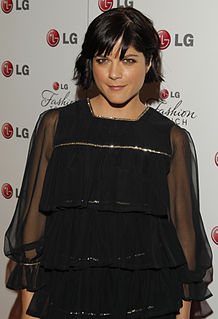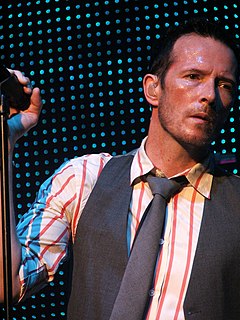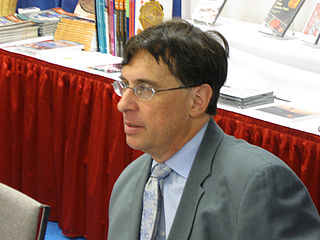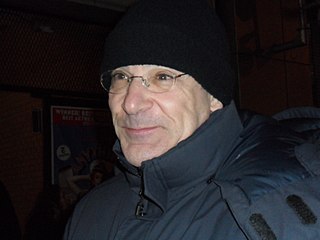A Quote by Selma Blair
I go from being hugely hopeful and entertaining to... really not. I'm not manic depressive, but I can really go to the darker side.
Quote Topics
Related Quotes
I knew I was a manic depressive when I was 13 or 14, and I loved it. I always told people what I had, and I was always cresting on a manic wave. I used it, willingly and happily, and it was an extraordinary experience. When I got hit with the depressive side - Boom! - yes, it was horrible and unendurable, but that's part of the story.
When it comes to acting, I've always had a passion for entertaining and for making people laugh. On the music side, I really want to come out as an artist because I want people to see who I really am... artistically, I tend to be drawn to the darker things. What the music will be able to do is show people that I am an adult now.
I really love Philadelphia and all of the fans, my teammates, the front office, the organization, everybody. I know I'm going to miss them. I really appreciate everything we did together. On the other side, I am happy because I have a chance to go to the playoffs. Another opportunity, maybe, to go to the World Series.



































